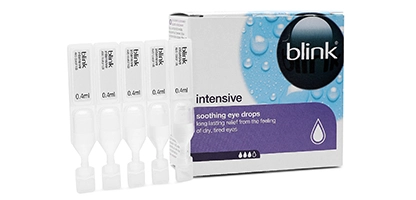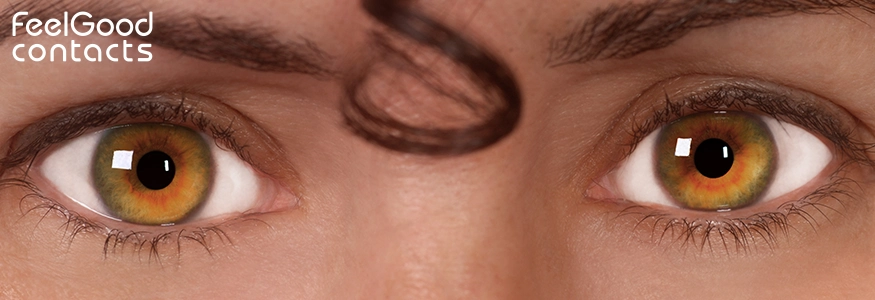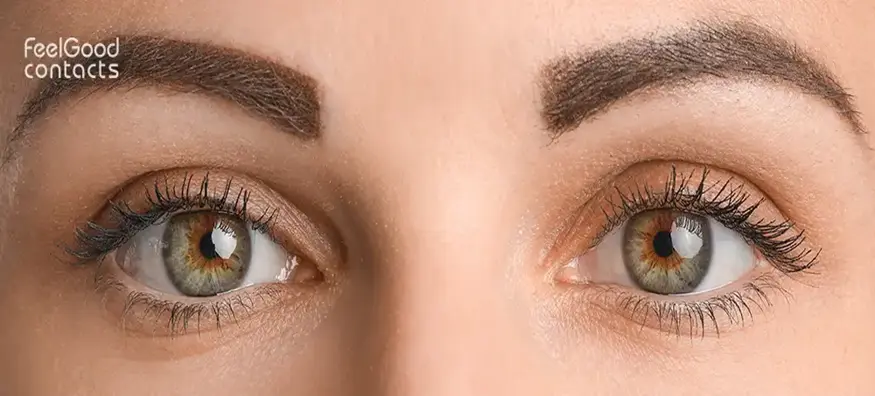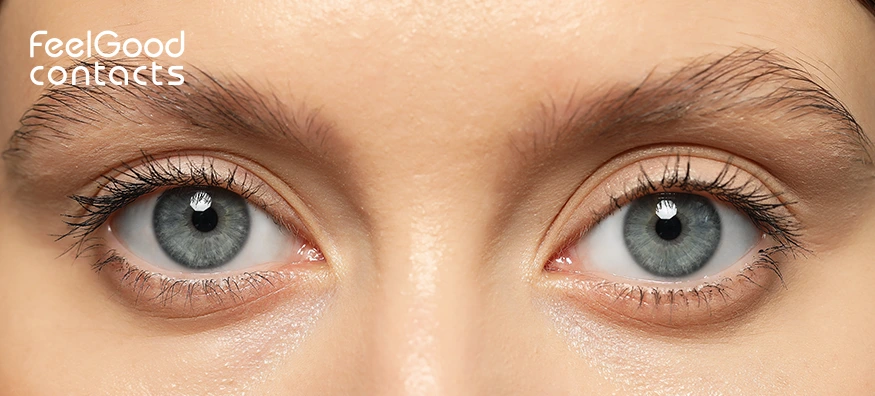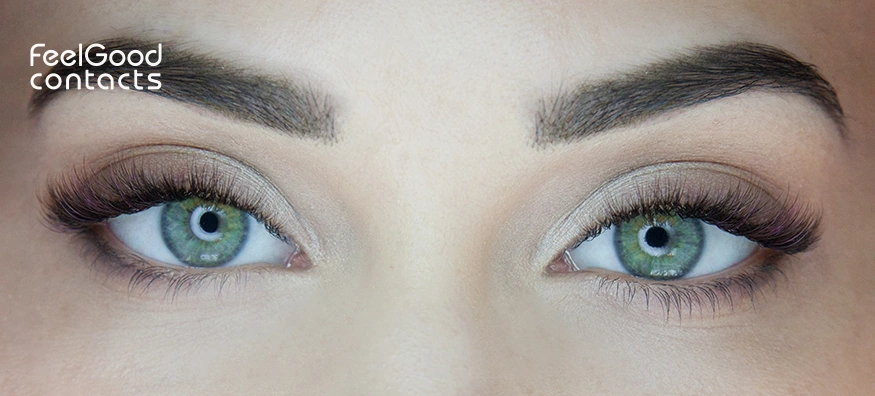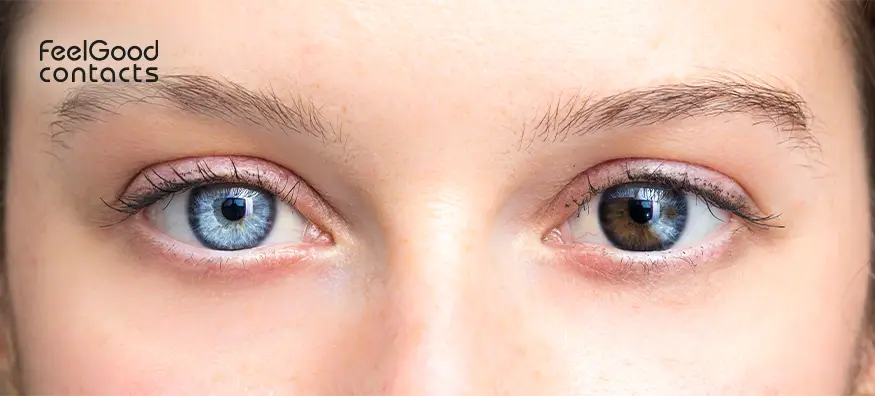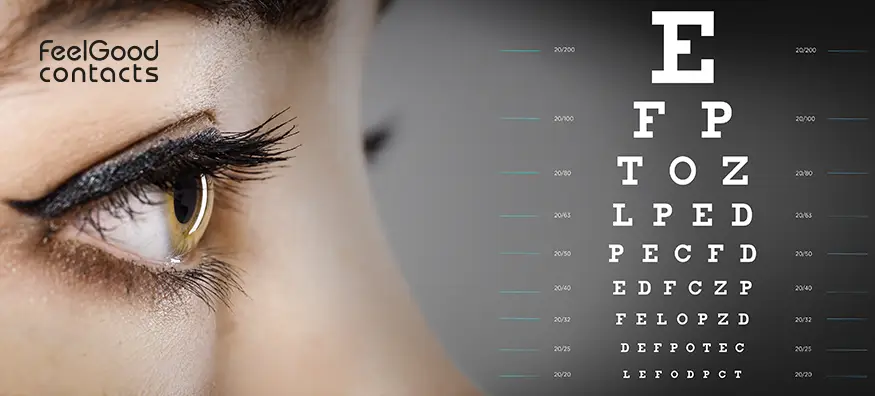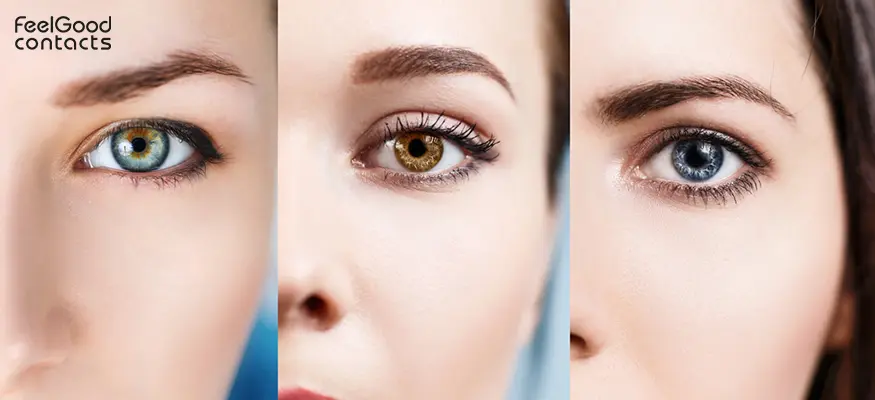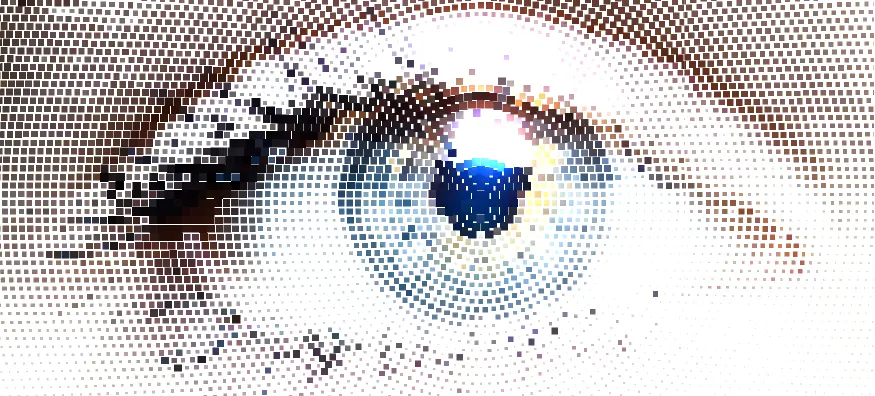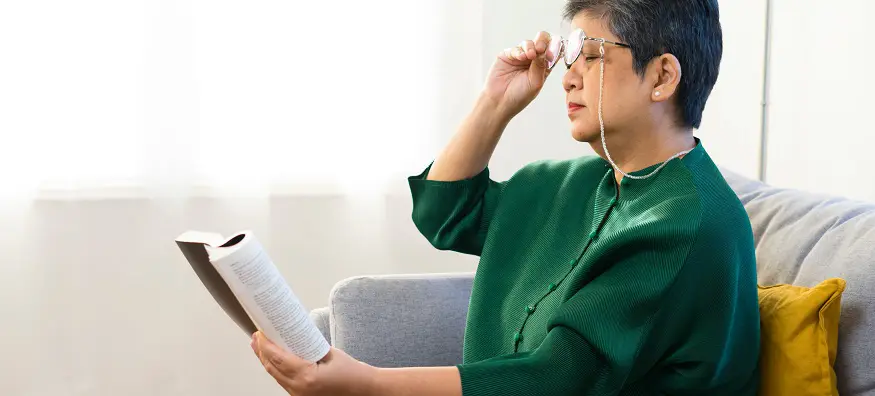In an era dominated by digital devices, it's important to know how much screen time is too much. Experts say excessive screen time affects productivity and poses significant risks to eye health. In this blog, we will discuss the impact of prolonged screen exposure and suggest tips to maintain healthy eyes.
What is screen time?
Screen time refers to how much time someone spends using electronic devices such as phones, computers, and TVs. Using screens for too long can have negative effects on eye health, such as blurry vision, dry eyes, digital eye strain and more.
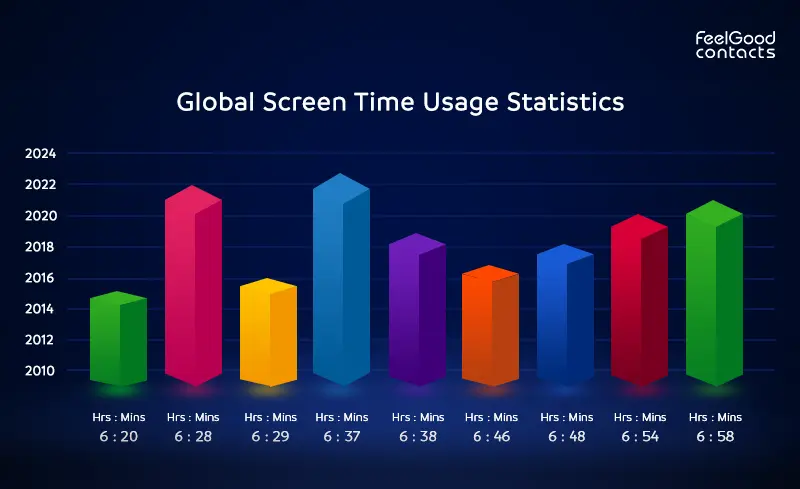
The above graph represents the average screen time of people aged 16-64
What is a healthy amount of screen time?
Experts recommend limiting recreational screen time to less than two hours a day to protect your eye health. It is important to balance screen time with outdoor activities and taking regular breaks. For instance, if your work-from-home schedule keeps you glued to your laptop screen, you might want to consider taking a small break, going for a five-minute walk, or giving your best friend a short call. Engaging in physical activities reduces screen time and promotes overall well-being.
Hear it from our expert optician, Wut Hmone Win, who blessed the feed with her golden tips for practising while you are working in front of screens.
What are the negative effects of too much screen time?
Excessive screen time can have the below negative effects on both physical and mental health:
1. Insomnia
Using an electronic device hours before bedtime is thought to disrupt your sleep cycle. As such, you will find night mode on mobile devices to help reduce the effect of blue light.
2. Eye strain
Staring at screens for a long time (without blinking) can make your eyes feel tired, resulting in digital eye strain. This is because blinking helps to keep the eyes moisturised.
3. Muscular imbalance/ muscle pain
Bad posture while using electronic devices can cause muscle imbalance, including back and neck pain, leading to further health problems. For instance, if you are a gamer, chances are you might be hunched over to your screen most of the time, trying to counter your opponent. Taking mini breaks is extremely important.
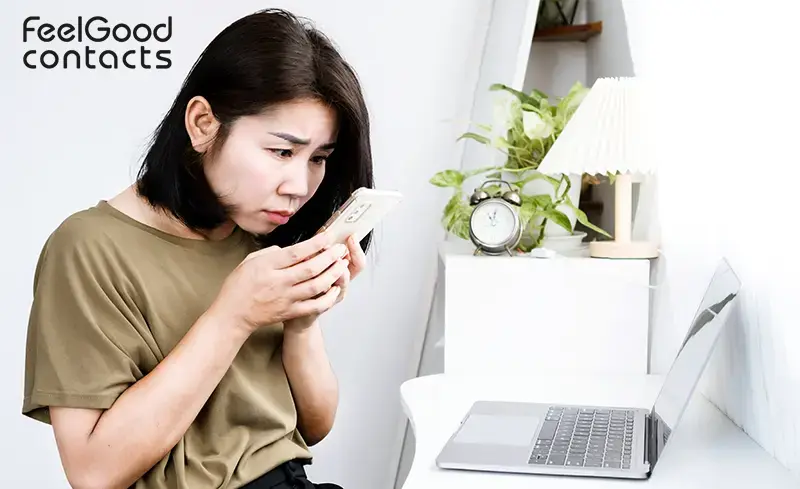
4. Procrastination
Spending excessive time using digital screens can decrease motivation which can lead to delayed tasks and even reduced productivity.
5. Decreased cognitive abilities
According to research, spending too much time looking at screens can affect your thinking abilities, memory, and problem-solving skills.
How to take care of your eyes while using screens?
If you spend a lot of time in front of a screen, there are ways to care for your eyes and reduce digital eye strain. Follow these quick tips to minimise the negative effects of screen time:
1. Adjust your screen display settings
Monitor the brightness of your computer or mobile device according to your surroundings. This helps reduce eye strain while working on screens.
2. Wear blue light glasses
It can be a good practice to wear glasses with blue light coating while working on screens. Blue light glasses are said to minimise the effect of harmful rays emitted from screens. Explore our wide range of blue light glasses online for screen time usage.
3. Take care of your posture
Sit at arm's length from your screen with your feet flat on the floor and ensure that the top of the screen is at eye level or slightly below.
4. Blink frequently to prevent dry eyes
Remember to blink regularly when working on screens to prevent dry eyes as blinking helps moisturise your eyes. If you experience tired or uncomfortable eyes after excessive screen usage, consult your optician for suitable eye drops to relieve dry eyes.
Explore our bestselling eye drops that can help soothe and hydrate your eyes.
5. Limit screen time
Limiting screen time can be challenging, especially if you rely on digital devices for work. Finding a good balance between screen time and other activities can contribute to improved eye health. Schedule screen-free time in your day and take regular breaks. Avoid using screens at least one hour before your bedtime, and two hours would be a dream.

6. Have a regular eye test
People who use digital devices for long periods should pay extra attention to their vision. Healthy adults should have eye tests every 2 years, and sooner if advised by their optician, to ensure they’re on top of their eye health and the prescription is up-to-date (if you have one).
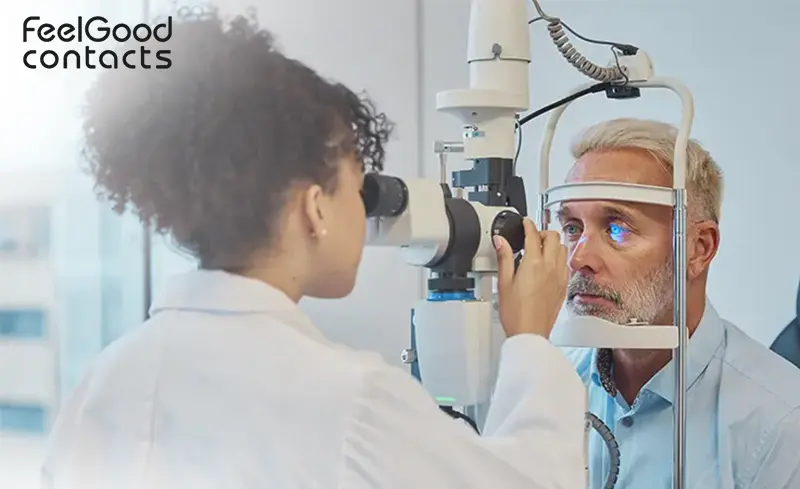
Disclaimer: The advice and suggestions in this blog are for informational purposes only and are not a substitute for medical care. Before trying any products or remedies, consult with an eye care professional. See our Editorial Policy for details on how we review our blog.




















